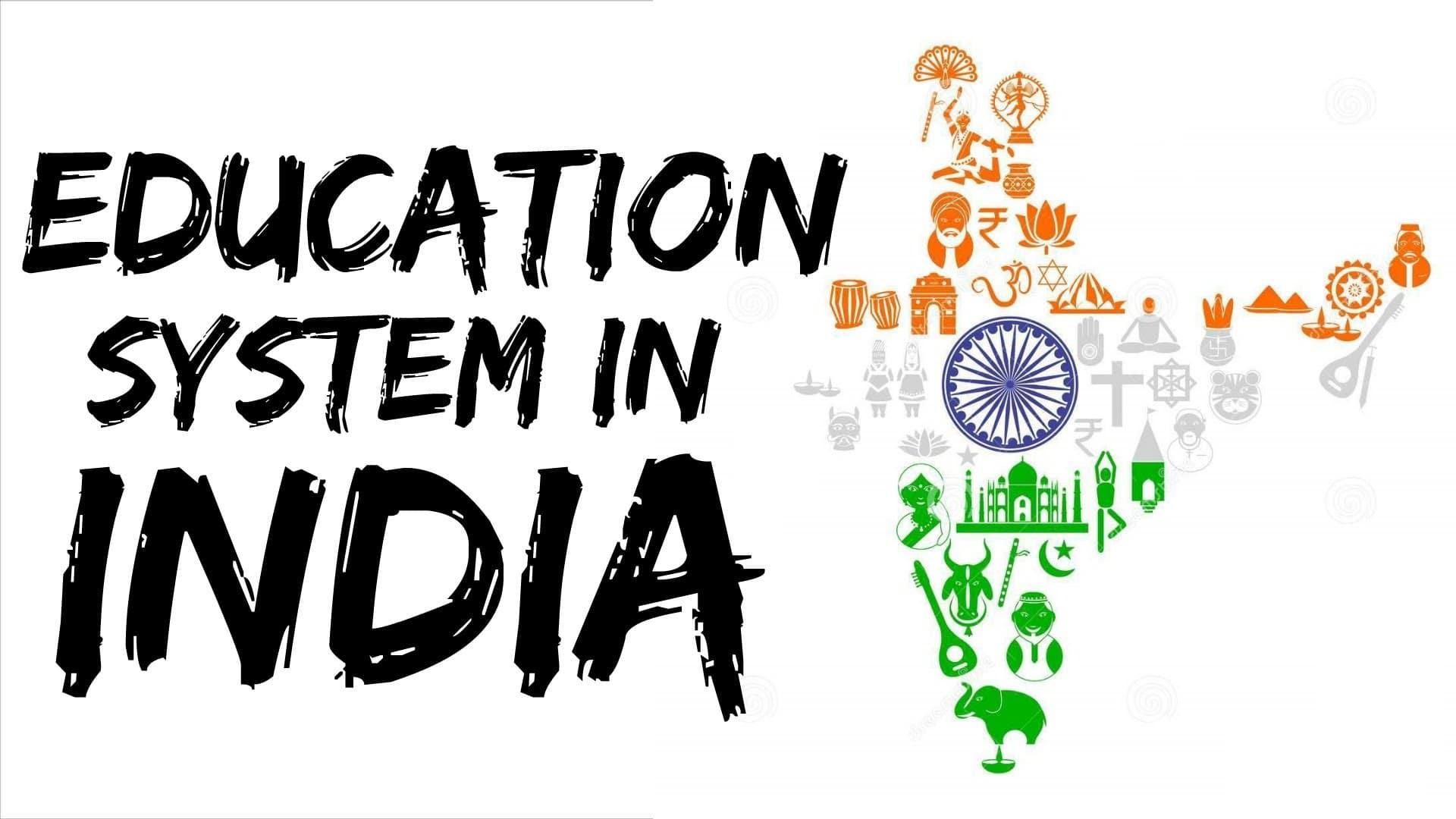Problems in Indian Education System
Posted 2024-07-15 12:28:32

1. Lack of a budget
Early schooling required students to physically travel to and attend classes. This entails incurring costs for the facilities and infrastructure that the school would have to offer to its students. Even the students would have to spend money, time, and effort on the daily drive to school. Many students are not been able to get the proper education, due to the lack of budget . The government has launched many schemes to ensure that every child has the right to education . On the other hand, educators have been able to overcome all financial and geographic limitations, owing to advanced technology. Though getting a proper internet connection and devices is still a challenge for many. Hope we will overcome this problem soon.
2. Too much Pressure on Grades
In the education system in India, a student’s intelligence and performance are thought to be mostly determined by their grades. Additionally, extracurricular activities are viewed as a detour from academics. This thought stems from the idea that only professionals like doctors, lawyers, engineers, and chartered accountants are good and everybody wishes their child to become one of these. To achieve that, one has to get 99.9% in India. this shouldn’t be the case, students should be encouraged to follow their hobbies and make a career in the same. Music, art and to be named a few.
3. Too much competition
In a perfect world, a student with a score of at least 90% would be regarded as intelligent. This viewpoint needs to alter, though. A student who had a lower score might nevertheless be intelligent and competent. A student’s IQ cannot be determined by their grades. By altering the way exams are administered, technology could be able to address this problem. Tech solutions are now assisting in improving communication skills, and teaching and testing practical knowledge. They are also engaging students in extracurricular activities in place of hour-long exams that are once again focused on theoretical aspects. In
4. Not Focusing on Overall Growth
One of the biggest challenges of the Indian education system is that it is built to impart knowledge, theoretical mostly. Remember algebra? We all knew we would never use it in life, yet we had to study it because the system thinks it is important.
However, by emphasizing the students’ overall growth, ed-tech platforms are assisting in resolving this problem. Today’s educational methods, made possible by technology , emphasize hands-on learning, practical experience, and the development of soft skills in addition to topic knowledge. Educational experiences can now be tailored and individualized to meet the needs of a specific child. In the conventional school system, this was not possible.
5. Lack of Training
In the Indian education system, rote memorization typically dominates the curriculum. It is heavily theoretical. It is so prevalent that even to get admission to a school a child should know the alphabet, numbers, and whatnot. Once children get in, they are only appreciated for reciting answers word for word.
What is E Waste?
E-Waste is a term used to cover items of all types of electrical and electronic equipment (EEE)...
Quotes
“Anything else you’re interested in is not going to happen if you can’t breathe...
LaPerm
The LaPerm cat is a newer breed with a relatively short history. In fact, the first...
×
Your daily access limit has been reached. Please try again tomorrow.

